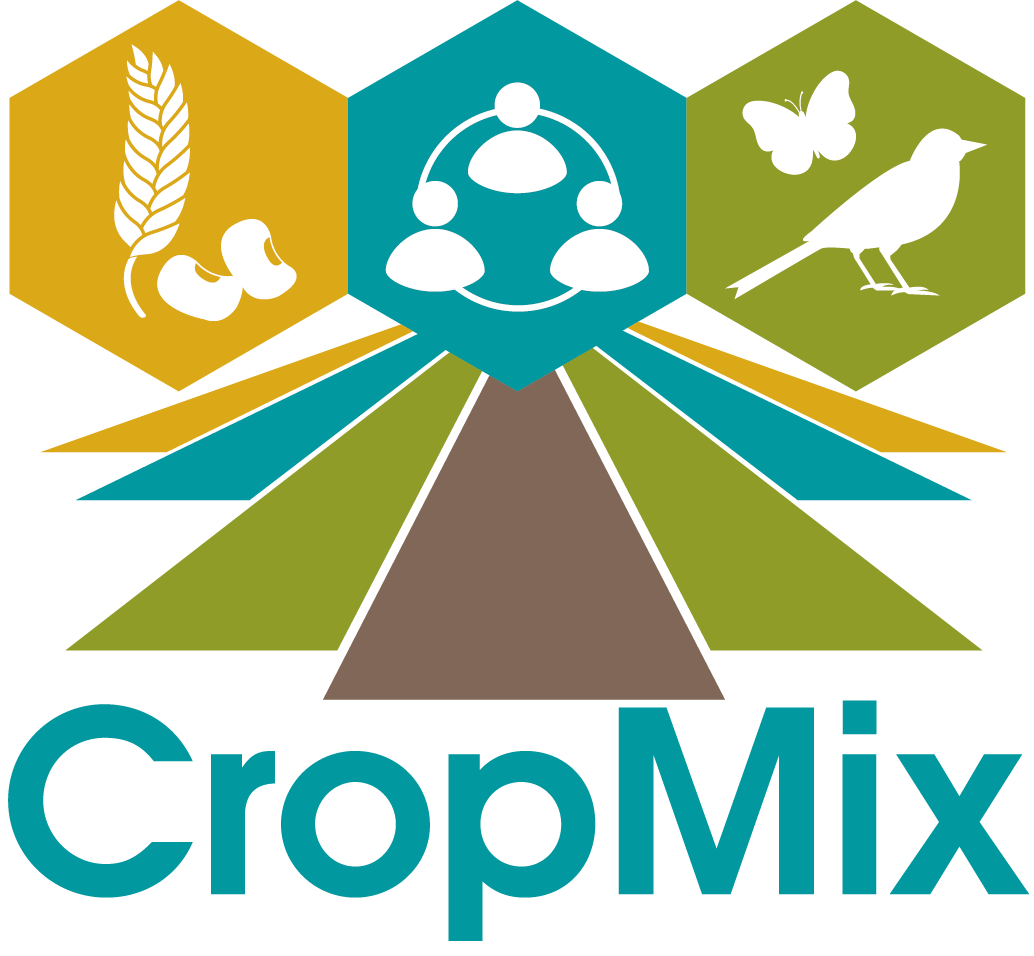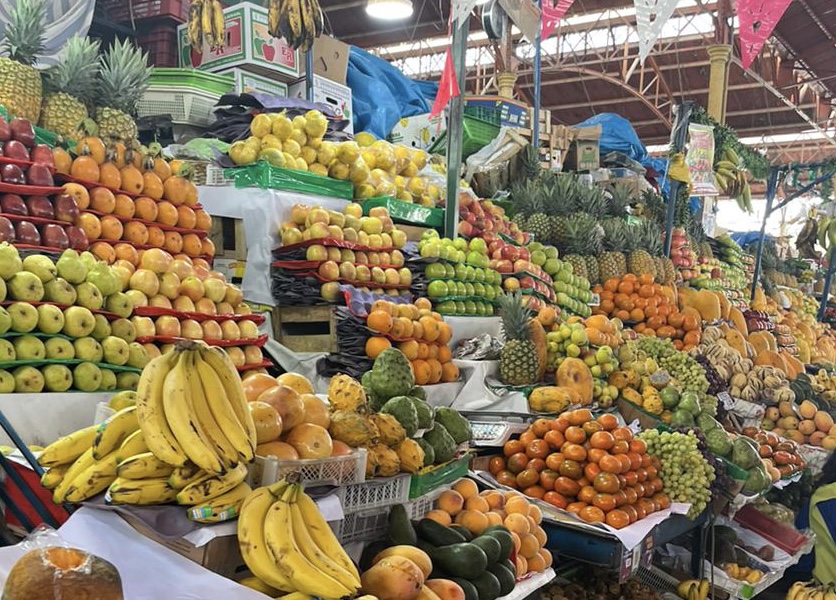Scaling up from plant-plant interactions to field and farm
The potential of mixed cropping systems for biodiversity and ecosystem services within circular food systems

Research project
Project: 1.3.5. The potential of mixed cropping systems for biodiversity and ecosystem services within circular food systems
This project investigates how crop diversification practices (e.g. strip farming, agroforestry) can be used to leverage change to counter biodiversity loss. How can these practices improve biodiversity in food systems through an established modelling approach, the Circular Foods System Model (CiFos)? It also focuses on the redesign of landscapes that can support agricultural areas, biodiversity and nature conservation, contributing to the transition to sustainable food systems that consider people and nature.
Related projects
- Yields in strip cropping > Hilde Faber
- Scaling up from plant to field level
- Insect biodiversity
- The value of strip cropping for farmland birds > Rik Waenink
Results and news
More information and news on this project will follow.
Researchers involved
- Hannah van Zanten
- Dirk van Apeldoorn
- Wolfram Simon
Related research
Our work packages
This work package focuses on above-ground and below-ground interactions. We look at the interactions between plants, crops, insects and other species living in the field and the differences between strip cropping and monocultures.
Work package 2 looks at the economic feasibility of investments for farmers to switch to more crop-diverse systems, such as strip farming, and what factors influence their willingness to engage in ecologically sound farming.
We want to identify different transition pathways applicable to different situations. Think of farmers with wide strips and long value chains, but also farmers with narrow strips marketing in a short chain. Or perhaps very different cropping systems that use crop diversity, such as agroforestry. We also look at what consumers and other stakeholders think and their role in the transition to more sustainable agriculture.


